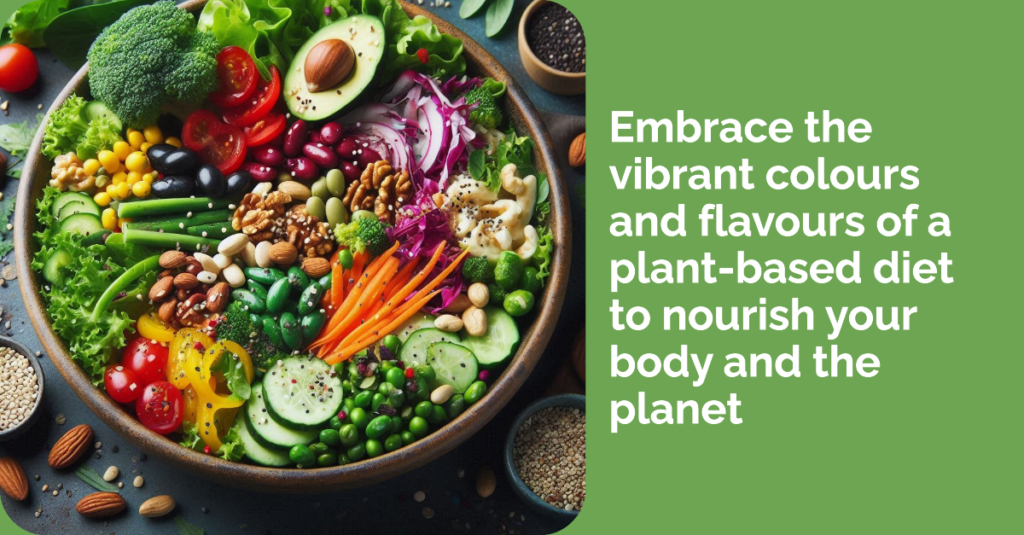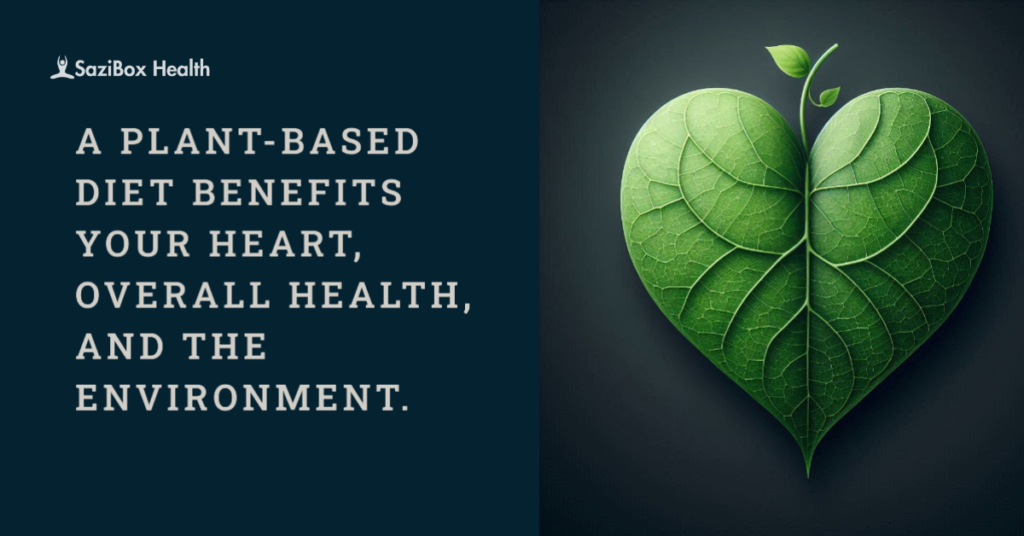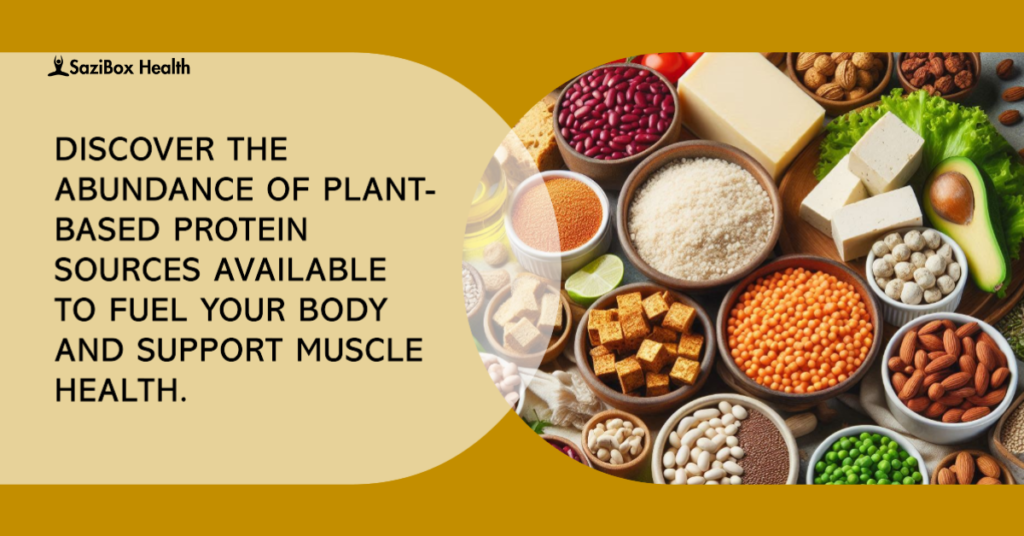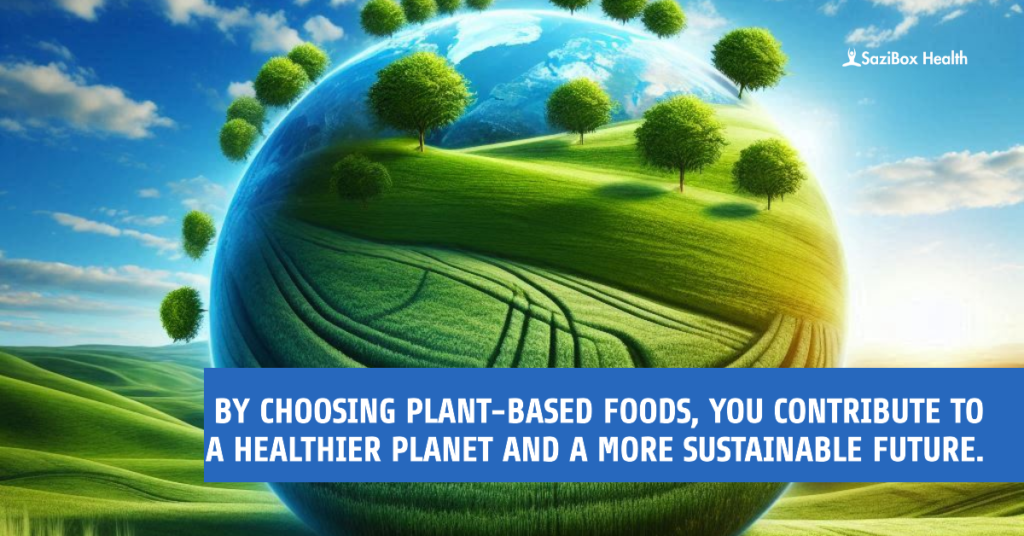
Welcome back to our exploration of holistic nutrition! In previous articles, we’ve delved into the foundations of nutrition, the importance of macronutrients and micronutrients, and the gut-brain connection. Today, we’re shifting our focus to the incredible power of plant-based eating. Get ready to discover how embracing a plant-focused diet can transform your health and contribute to a healthier planet.
Why Plant-Based? A Wealth of Benefits

Plant-based diets have been gaining immense popularity in recent years, and for good reason. Research shows a plethora of benefits associated with reducing or eliminating animal products from our plates:
- Improved Heart Health: Studies have consistently linked plant-based diets to lower cholesterol levels, reduced blood pressure, and a decreased risk of heart disease. This is largely due to the abundance of fibre, antioxidants, and healthy fats in plant foods.
- Weight Management: Plant-based diets tend to be naturally lower in calories and higher in fibre, promoting satiety and making it easier to maintain a healthy weight.
- Reduced Risk of Chronic Diseases: Research suggests that plant-based diets can lower the risk of type 2 diabetes, certain types of cancer (such as colorectal and breast cancer), and other chronic conditions like Alzheimer’s disease.
- Enhanced Digestive Health: The high fibre content in plant foods feeds beneficial gut bacteria, promoting a healthy microbiome and regular bowel movements.
- Increased Energy Levels: Nutrient-rich plant foods provide sustained energy throughout the day without the crashes associated with processed foods or sugary drinks.
- Environmental Sustainability: Plant-based diets have a significantly smaller carbon footprint than diets high in animal products, helping to mitigate climate change and conserve resources like water and land.
Exploring Plant-Based Approaches
There’s no one-size-fits-all approach to plant-based eating. Here are three popular options:
- Vegetarianism: Excludes meat, poultry, and seafood, but may include dairy and eggs.
- Tip: Explore flavorful vegetarian recipes like lentil soup, vegetable curry, or tofu stir-fry.
- Veganism: Excludes all animal products, including meat, dairy, eggs, and honey.
- Tip: Transition gradually by experimenting with plant-based milk, cheeses, and meat alternatives.
- Flexitarianism: Emphasizes plant-based foods but allows for occasional meat consumption.
- Tip: Aim for a majority of your meals to be plant-based, gradually reducing your intake of animal products.
Power Up with Plant-Based Protein

Worried about getting enough protein on a plant-based diet? Fear not! Many plant foods are packed with protein:
- Legumes: Lentils, chickpeas, black beans, kidney beans
- Tofu and Tempeh: Soy-based products with a complete amino acid profile.
- Nuts and Seeds: Almonds, cashews, walnuts, chia seeds, hemp seeds
- Quinoa: A complete protein grain with all nine essential amino acids.
- Grains: Brown rice, oats, whole wheat bread
- Vegetables: Broccoli, spinach, peas
- Tip: Combine different plant protein sources throughout the day for a complete amino acid profile.
Read more
The Environmental Impact: A Greener Choice

Choosing a plant-based diet is a powerful way to reduce your environmental impact. Animal agriculture is a major contributor to greenhouse gas emissions, deforestation, and water pollution. By shifting towards plant-based foods, you can significantly reduce your carbon footprint and contribute to a more sustainable food system.
- Actionable Tips:
- Choose organic and locally sourced produce whenever possible.
- Reduce food waste by planning meals and composting scraps.
- Support sustainable farming practices by buying from farmer’s markets or CSAs.
- Learn about the environmental impact of different foods to make informed choices.
A Path to a Healthier You and a Healthier Planet
A plant-based diet is not just a trend; it’s a sustainable and compassionate way of eating that benefits both your health and the planet. By embracing the power of plants, you can nourish your body, reduce your environmental impact, and contribute to a healthier future for all. It’s a win-win for you and the planet!





[…] Plant-Based Power: Nourishing Your Health and the Planet […]
[…] Plant-Based Power: Nourishing Your Health and the Planet […]
[…] Plant-Based Power: Nourishing Your Health and the Planet […]
[…] Plant-Based Power: Nourishing Your Health and the Planet […]